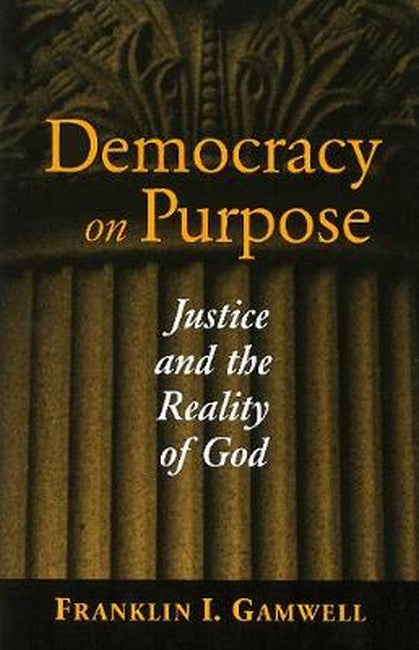Preface Introduction Part One: The Divine Purpose1. The Freedom We Ourselves Are UnderstandingThe Understanding of Reality as SuchSelf-understandingOriginal Freedom 2. The Duplicity We May Choose Rebellion Against GodTemptationThe Radical ProblemSelf-assertionThe Fragmentary Sense of Worth 3. The Good We Should Pursue MetaphysicsWorthVirtue and HappinessTheismSummary Appendix to Part One: On the Theistic Character of BeliefThe Pragmatic Character of BeliefsThe Implied Belief in God Part Two: Justice 4. Democracy as a Formative Principle Social PracticesThe Necessity of Common DecisionsThe Practice of Communicative RespectThe Democratic AssociationConstitutional RightsFormative and Substantive Principles5. Justice as CompoundThe Principle of Religious FreedomJustice as Separate: Universalist TheoriesUniversalist Theories in the ConstitutionUniversalist Theories in the DiscourseJustice as Separate: Nonuniversalist Theories 6. Justic as General Emancipation Our Maximal Common HumanityThe Principle of JusticeRefining the PrincipleThe Principles of JusticeJustice as TeleologicalThe Possibility of Justice Appendix to Part Two: The Democratic Importance of Religion Works Cited Index

